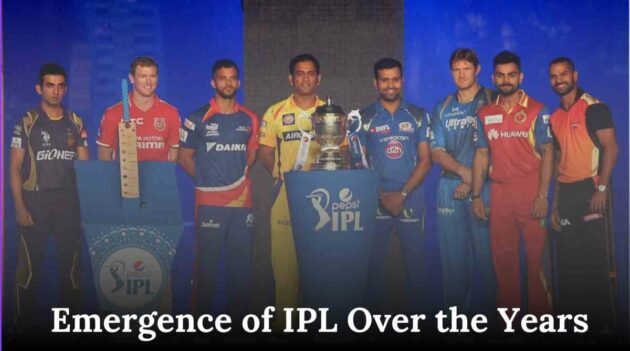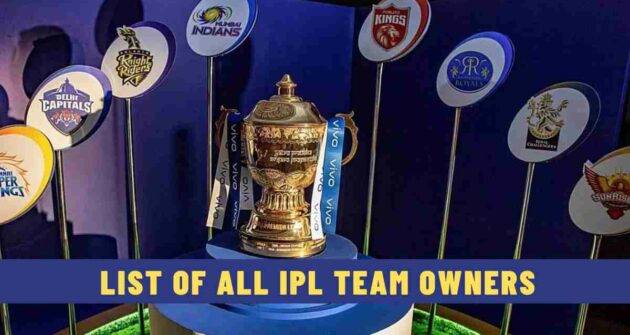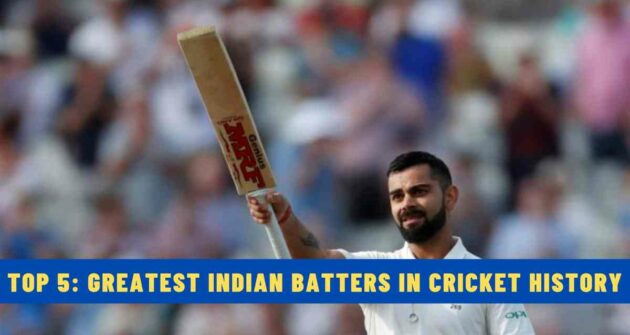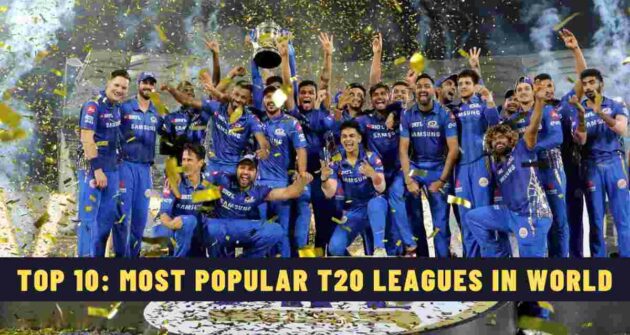The Indian Premier League (IPL) was launched in the year 2008 by the Board of Control for Control in India (BCCI) with the IPL Governing Council comprising of several stakeholders , including BCCI officials, franchise owners overseeing the implementation.
The Indian Premier League (IPL) has indeed evolved significantly since its inception in 2008. Here’s a brief overview of its emergence and development over the years.
Table of Contents
Start and Inspiration
The growing popularity of T20 cricket in the mid-2000s prompted BCCI to formulate and implement the plan to start their own T20 league. This was done restructure India’s domestic circuit and make it more competitive while at the same time being financially strong.
It was only fuelled with India’s triumph in the inaugural T20 World Cup in 2007 and in a good 7 months’ time, we saw the first edition of IPL taking place. This was designed in the same way as the some of the other franchise-based sports league like the NBA or the English Premier League (EPL).
Like those leagues, IPL was played in a style wherein 8 city-based teams would compete against one another in a league format with each side having their owners. The players are selected by the franchises in the form of auctions, that takes place annually.
The launch came at a time when India hadn’t played much of T20I cricket outside that World Cup and the nation on large hadn’t seen T20 being played apart from the now defunct Indian Cricket League (ICL). This move to launch IPL proved to be a masterstroke, as it rekindled interest among Indian audiences as they thronged stadiums in large numbers and TV viewership saw a major boost.
Expansion
Starting out as a 8-team event, the number of teams in the IPL at various stages grew and early as 2011, we saw 2 new teams getting added. Though it was short-lived, BCCI and IPL’s plan to expand was clearly visible. So, it was back to an 8-team affair for large part 2010’s decade. Again in 2022, the IPL expanded its wings adding 2 more teams.
Entertainment and Technology
IPL may have grown in popularity primarily thanks to the quality of cricket being played we can’t rule out the contributions of technology and entertainment to its success. Each team was represented by its own theme song and celebrity endorsement only went high as each passing year. There was right balance of cricket and entertainment making it a winning formula.
This helped the commercial aspect of the IPL with several lucrative sponsorship deals and broadcasting rights coming along the way.
IPL has a wider market beyond India and one of the reasons is being adept to various technological changes. The use of Augmented Reality and Virtual Reality in broadcasts made viewing experience better.
Innovations
IPL also became the first league to use the concept of strategic time-out in T20s while they introduced Decision Review System (DRS). The latter has till been used only in international games.
Off-field IPL implemented various initiatives like the interactive fan zones, social media campaigns, fan events, meet and greets, contest to increase the fan engagement. This has built IPL’s connect with the public to a large extent.
Challenges
IPL saw several dark moments in its history and one of them being the spot-fixing and betting scandals that rocked the league in 2014-2015. It threatened to tarnish the reputation, but the governing council and BCCI took strict measures to address the underlying issues and maintain the integrity of the game.
Apart from that, it drew great praise in way it handled bio-bubble during the tough times of Covid-19. All these make IPL a highly successful venture in all aspects.
Development
It is evident that IPL’s major aim was to promote youth development in India and giving many young local players a launch pad.
As the years’ rolled on, BCCI launched the Women’s IPL (WPL) to leverage the growing popularity of Women’s cricket in India. Beginning as mere exhibition games, now it has developed into a proper T20 league completing 2 seasons.
We can say that IPL has given India a major boost in many fronts, both economically and developmentally. Also, it has paved the way for many globalization of cricket as it has inspired many cricketing boards to create their own T20 leagues.
Read Next | History of Indian Cricket Over the Years











